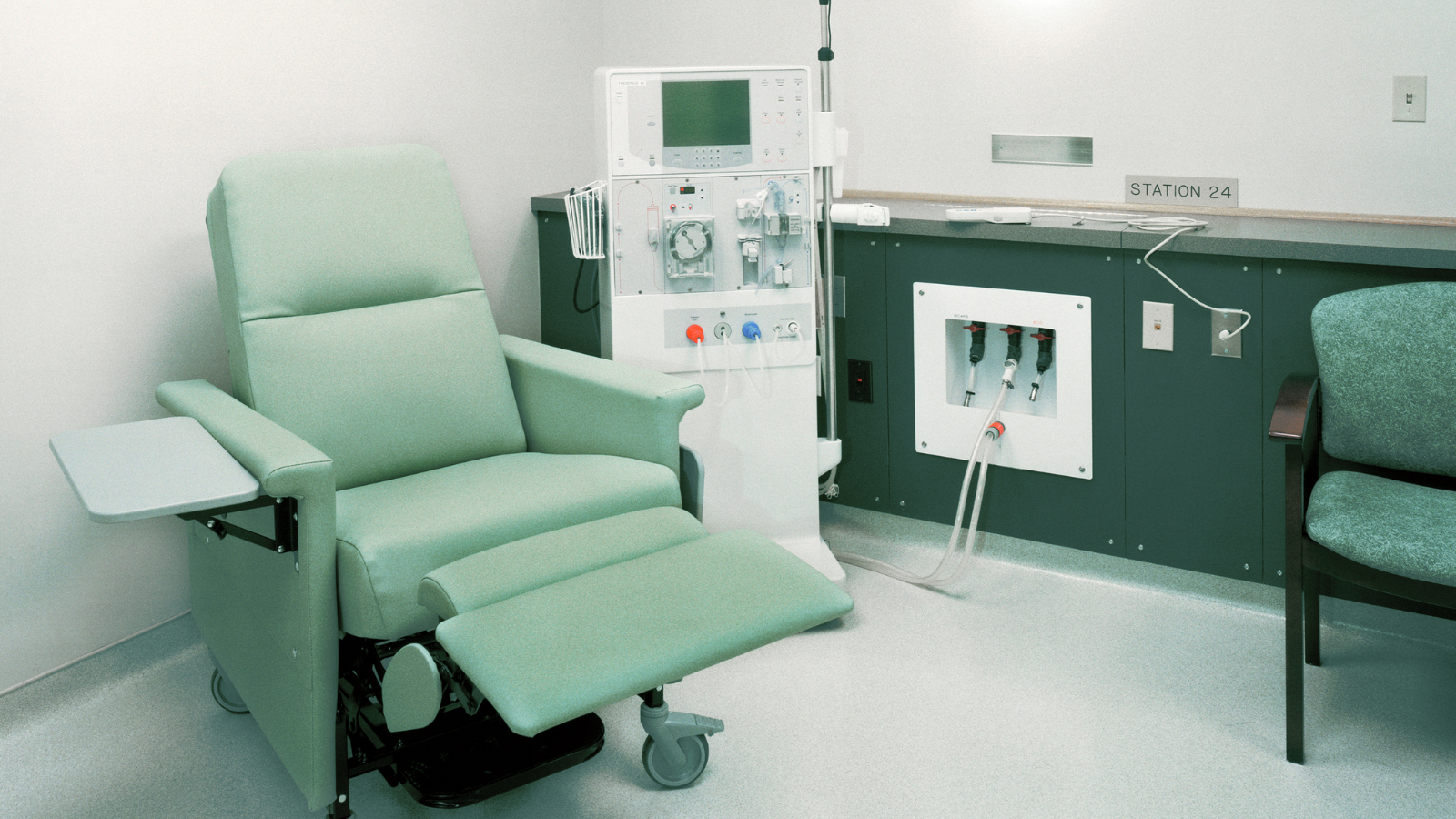
The Merit-based Incentive Payment System (MIPS) is a mandatory pay-for-performance program through the Centers for Medicare & Medicaid Services that aims to incentivize high-quality care and lower healthcare costs. Participating clinicians are assigned financial bonuses and penalties based on various performance measures. However, the MIPS program has not been previously tailored to nephrology care.
In a new article in the Journal of the American Society of Nephrology, Dr. Sri Lekha Tummalapalli, assistant professor of population healthsciences and medicine, and collaborators from the American Society of Nephrology Quality Committee present the Optimal Care for Kidney Health MIPS Value Pathway (MVP). This nephrology MVP was recently published in the 2023 Medicare Physician Fee Schedule Final Rule and may become mandatory for nephrologists after 2026.

Dr. Sri Lekha Tummalapalli
Dr. Tummalapalli and colleagues have previously worked to evaluate quality metrics used by nephrologists. In 2020, they evaluated sixty existing quality metrics in a study in the Journal of the American Society of Nephrology. In a second study in Kidney Medicine, she and colleagues evaluated nephrologist performance in MIPS.
“We found that there were very few measures for chronic kidney disease (CKD), as compared with dialysis care” she said. “We also found that nephrologists were often not reporting on measures related to kidney care, but instead on primary care-focused measures. We felt the need to bolster the MIPS program.”
Researchers conducted two rounds of ranked-choice voting to select measures that were valuable to the nephrology MVP. They also conducted a qualitative analysis of public comments appraising the proposed value pathway. Public commenters included nephrology professional organizations, payors, and other relevant stakeholders.
Measures in the nephrology MVP relate to angiotensin-converting enzyme inhibitor and angiotensin receptor blocker use, hypertension control, readmissions, acute kidney injury requiring dialysis, and advance care planning. The MVP financially incentivizes nephrology clinicians to increase use of evidence-based therapies and improve chronic disease management, with the goal of improving clinical outcomes for patients with kidney disease. The nephrology MVP also requires clinicians to report fewer measures than traditional MIPS, potentially reducing administrative burden.
“We think the nephrology MVP has strengths over the existing program,” said Dr. Tummalapalli. “In the current program, there are 200 measures to choose from, and often, people are not picking the right measures. We have streamlined the process for them.” She noted that it will require educating nephrologists to raise awareness about this new program.
Dr. Tummalapalli further explains that readmission rates are high for patients with kidney disease, and only half of patients have their hypertension under control. As part of the American Society of Nephrology Quality Committee and the Kidney Disease Outcomes Quality Initiative (KDOQI) Quality Measures Committee, she is hopeful about developing new tools to increase evidence-based care. As per the study, collaborative policymaking between stakeholders and regulatory agencies could improve both policy design and policy implementation.
Dr. Tummalapalli treats patients with CKD and other nephrology conditions, and frequently sees people “crash into dialysis,” having learned of their kidney disease only when it has progressed to the point of kidney failure. One of her primary goals in improving care is to catch kidney disease earlier on, such that clinicians and patients can delay the progression of the disease.
“Talking to patients who have CKD or end-stage renal disease—which is so under-recognized—you see their resilience. You see how much they go through, especially with dialysis,” she said. “A lot of programs have fallen short due to complexity and administrative burden. The nephrology MVP is hopefully one small step to bettering the system.”
- Highlights

